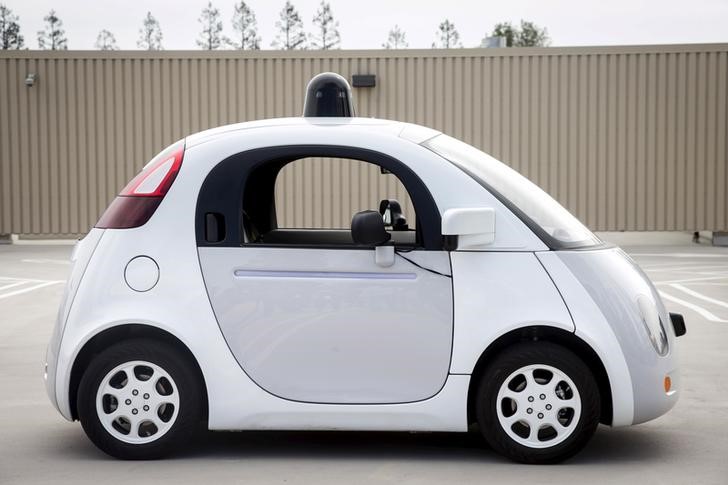This post was originally published on this site
https://i-invdn-com.investing.com/trkd-images/LYNXMPEJ1A002_L.jpg
“This kind of artificial intelligence we’re talking about right now can sometimes lead to something we call hallucination,” Prabhakar Raghavan, senior vice president at Google and head of Google Search, told Germany’s Welt am Sonntag newspaper.
“This then expresses itself in such a way that a machine provides a convincing but completely made-up answer,” Raghavan said in comments published in German. One of the fundamental tasks, he added, was keeping this to a minimum.
Google has been on the back foot after OpenAI, a startup Microsoft (NASDAQ:MSFT) is backing with around $10 billion, in November introduced ChatGPT, which has since wowed users with its strikingly human-like responses to user queries.
Alphabet Inc introduced Bard, its own chatbot, earlier this week, but the software shared inaccurate information in a promotional video in a gaffe that cost the company $100 billion in market value on Wednesday.
Alphabet, which is still conducting user testing on Bard, has not yet indicated when the app could go public.
“We obviously feel the urgency, but we also feel the great responsibility,” Raghavan said. “We certainly don’t want to mislead the public.”

